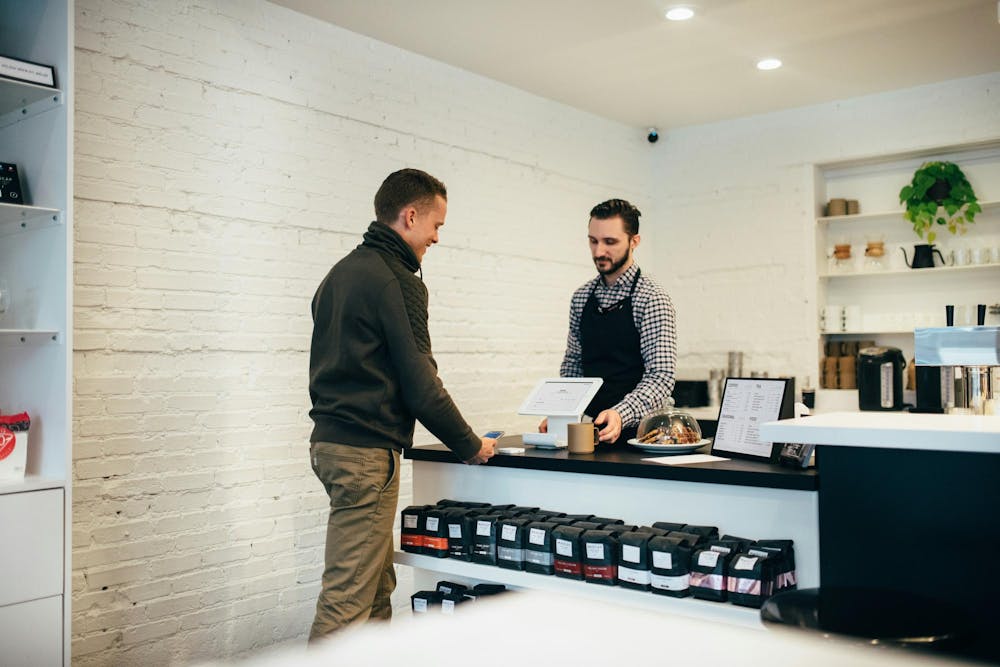What are coffee shops for? This is a question I once thought I knew the answer to and that the answer was quite obvious. However, when reading The Observer this weekend, I considered I may not know the answer at all. In the 1990s Starbucks took off as a widely successful coffee chain. It marketed itself as a place not only for people to buy a coffee and continue on with their day (coffee carts already being quite successful in major cities), but as a place where people could sit and work or simply hang out and get to know their neighbors.
At around the same time, the widely popular sitcom “Friends” reinforced this idea of coffee shops as places for young people to go and spend time, meet new people and sit around without any rush. This phenomenon occurred because there was an empty space in the market. Previously, the three most commonly available options for coffee were make it at home, buy it from a cart and walk or go to a diner. Diners are generally not built for interaction between parties unless you sit at the bar, and, depending on the diner and location, can be quite fast-paced. So, why is it that now people cannot come and sit in a coffee shop? Where they are not welcome to just hang out but instead rushed out and asked for a tip.
When reading “Coffee shop courtesy from a barista,” I was struck by how heartless the author seemed to be. They wrote of a young girl who came to the coffee shop and did work without buying a drink. Meanwhile, neither the author nor co-workers ever talked to her. I could not fathom how or why the author was upset by this girl’s action — the author is not paid on commission, and will, I assume (maybe incorrectly), get a paycheck from said coffee shop no matter how many people do or do not come in and no matter how many drinks are or are not bought, because that’s the way jobs work.
If this bothered the author enough to write an entire article, I wonder why it didn’t bother them enough to ask the girl, either confrontationally, what she was doing there, or, more gracefully, if she would like anything to drink. Now, I doubt what I’m going to say is true, because of the comment on the “apple ecosystem,” but there is a real chance that this young woman had extenuating circumstances. Maybe she did not want to work at home or the local library, maybe they didn’t have wifi at home or she couldn’t afford a coffee, especially not a coffee every day. Without talking to her, there is simply no way to know her motivations for sitting at the coffee shop.
In high school, I worked at a diner where I was paid $5 an hour (minimum wage was over double that because I live in the beautiful blue state of Massachusetts), and it was expected that I make up for the difference between my wages and minimum wage with the tips I earned. I say this to preface a story: there is one customer I remember who would only buy a coffee (I believe it was all that he could buy). I was not bothered by this and would give him his free refills without request. I would bring by water and, when I could, toast — free of charge. I knew I would not be getting the best tip, but even a tip of two dollars over the course of two and a half hours (his average time of stay) is so incredibly little compared to what I could be making if I filled and turned over the table even just twice in that same time frame. But there should be dignity to drinking and eating.
I say this not even from a Christian point of view but simply from the point of a person. And so I ask, is there no end to profits? Is that our highest aim? And I ask this, especially to the people who are not CEOs — do you care more about your boss (who is probably the one that pays you badly enough that you believe people should tip you for doing your job) than your fellow man?
Catie Ellis
junior
Feb. 6










